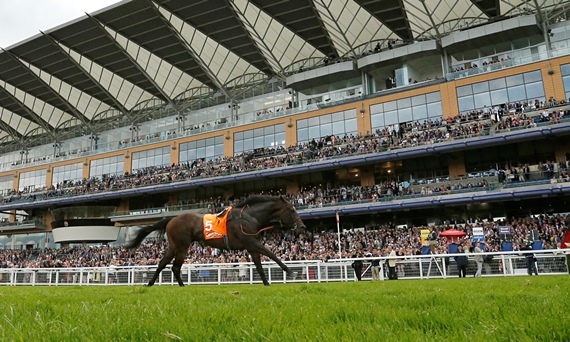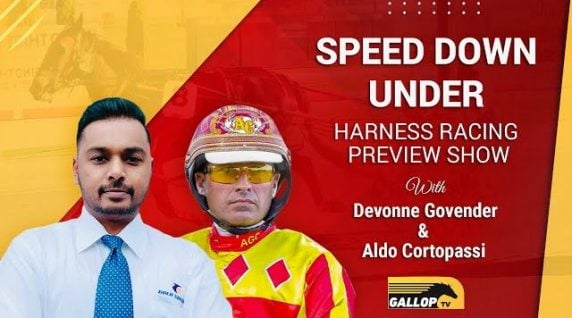Farce was the obvious word to describe the events at Ascot on Saturday afternoon after the starter’s failure to see that Speculative Bid had his head in the wrong stall before the big handicap. It turned into a PR debacle – but there was a cartoonish quality to the proceedings too, suggests Greg Woods on www.theguardian.com
With the riders already weighed in, the stewards first announced an inquiry, next decided that Speculative Bid was a non-runner and then that he had been a runner after all. It was a slowed-down version of the moment when Wile E. Coyote stumbles into his own ambush. First he walks into the garden rake, then totters backwards into a bear trap before toppling off a cliff and being flattened by an anvil.
Jamie Stier, the BHA’s director of raceday regulation, certainly looked somewhat dazed and confused when interviewed about the incident later in the day, though he did concede that “the circumstances aren’t good”. Stier added: “The system has to be played through, we need to establish clearly what has happened and if there are failings of the systems which clearly there appear to be, there’s no stepping away from that, we need to establish what they were and how they occurred in order to avoid a repetition.”
The process of picking through the debris is expected to continue for several days, with the BHA’s report on the fiasco likely to be published next week. Whatever the authority might conclude, however, it will do little to repair the damage. Tens of thousands of racegoers and many more punters in Britain and abroad will have been left with the strong and abiding impression that the stewards presiding over one of the most valuable and prestigious cards of the year were incompetent.
In the end, that is probably a fair judgment, at least if Saturday’s events are considered in isolation. The starter’s initial blunder was poor but, at the same time, a human error in an imperfect world. He was doing a job that is a good deal more difficult than it looks and made a rare mistake. It was the subsequent events back in the grandstand that turned a slip-up into a shambles.
Step back a little from Saturday’s chaos, however, and it is possible to see a path that leads towards the Ascot debacle that is paved, as so often, with good intentions. The rule at the heart of the confusion – (B) 10.5 – is a recent one, introduced to allow the stewards to rule out a runner, and thus get a refund for its backers, if it has been “prevented from starting” through no fault of horse or jockey.
This, of course, also allows bookmakers to impose “Rule 4” deductions on returns to backers of the winner, which vary according to the SP of the withdrawn horse. In the case of Speculative Bid, the 4-1 favourite, it would have been 20p in the pound, a rough reflection of the chance of success implied by his price.
The BHA, though, decided that in the name of “fairness”, this needed to change. As they were now required to do, the stewards quite rightly opened an inquiry into the start of Saturday’s race soon after the winner crossed the line. But then, before anyone at Ascot even realised that an inquiry was under way, the message went out that the jockeys had “weighed in”, which throughout the long history of racing and betting has always marked the moment at which the result, for betting purposes, is final.
This was the point at which the subsequent confusion might have been averted, because it is a fundamental rule of the betting universe that in terms of paying out, the result at the “weigh-in” is immutable. The stewards could have drawn a deep breath, held up their hands, said: “OK, this one’s got away from us,” and packed it off to the BHA in High Holborn for further consideration. They had stepped on the rake, but the bear trap was still avoidable.
The Ascot officials – the starter, the clerk of the scales as well as the stewards – will no doubt share the blame when the BHA reports on Saturday’s events, but the authority’s decision to involve the stewards in what is, essentially, a betting-related issue also deserves some scrutiny.
There are many, many reasons why a declared runner may eventually fail to start, and an almost infinite number why it may not win if it does. At some point, however, everyone needs to accept that chance has taken over and everything is a runner. It is unfair to ask the stewards to pick and choose afterwards.
Saturday’s events suggest that, well-intentioned though it was, Rule (B) 10.5 is unworkable too, because sooner or later, the law of unintended consequences was always likely to intervene.
www.the guardian.com










